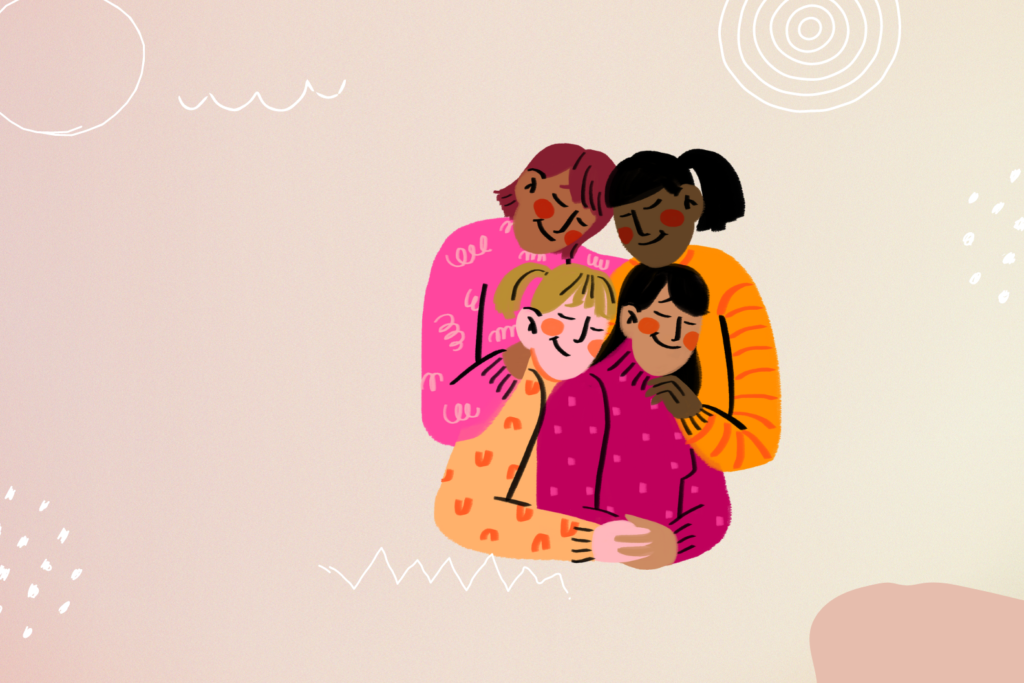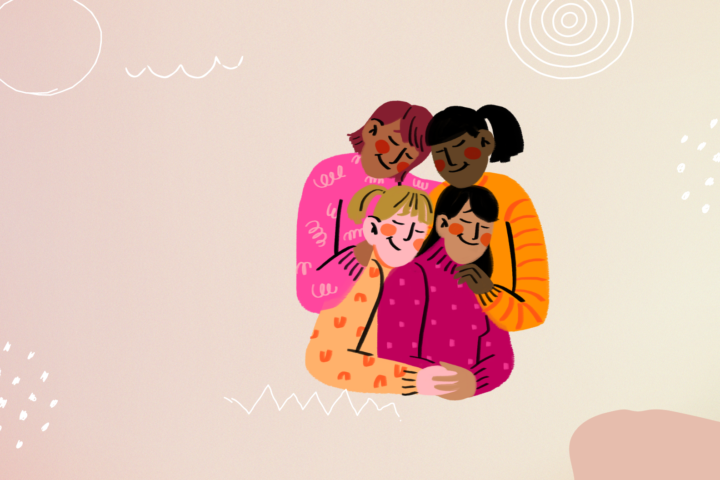“There are around twenty thousand candidates suitable to be one’s lifetime partner. It is merely a matter of choice at that moment. If you have already cultivated an intimate and profound relationship with someone, the next ideal candidate will become nothing more than a good friend.
Conversely, if the bond with someone is not deeply rooted, the foundation for a strong relationship can then be easily eroded. This implies that a change of heart might occur, and only when one selects a chosen partner from the pool of candidates will the days of the floating heart come to an end.”Why Do We Choose Whom We Choose?

Amidst a crowd, why do we choose someone as our significant other? What distinguishes this person from the rest, leading us to forgo equally promising opportunities and commit exclusively to them?
What is attraction? What is love? Are they synonymous or fundamentally different, and if so, how?
Why is it that someone can deeply touch our hearts and draw us in with an almost magnetic pull, while others, despite their kindness and warmth, leave us feeling indifferent? Why do some of us hesitate to deepen our connections, such as forming a partnership, even when we are content with someone? What precisely determines these varied emotional responses?
The Law of Attraction
This phenomenon might be explained by the “law of attraction,” which posits that “entities of the same frequency resonate with each other, and similar natures attract.” In essence, when two people’s thoughts, emotions, words, and actions align, they create an energy that attracts people of a similar nature. In relationships, this manifests as a tendency for mutual liking and compatibility.
So, why are we drawn to people who reciprocate our feelings?
In reality, no one is completely confident, most people crave for affirmation and appreciation from others. When someone likes us and affirms us, they lay a solid foundation for us to like them in return. Their pursuit and validation bring pleasant emotions, fostering a sense of happiness and joy during interactions. Thus, when we finally enter a state of mutual affection or even instant rapport, it feels logical and natural.
Don’t Fall in Love just Because of Loneliness
Liking someone entails shallow enjoyment and selfish acquisition, akin to saying, “I like you because you possess traits that I find admirable.” But, love transcends surface allure, embodying deep attraction and selfless giving. It declares,
“I love you not solely for your beauty, but also for your quirks and imperfections; they are among the many reasons why I cherish you.”
It’s common to question whether our affection for someone stems from genuine admiration for their character or simply because they fulfill our desires within the relationship.
5 Types Of Attraction
There are five key elements of attraction that can help us distinguish between mere liking and genuine love for another person.
Jay Shetty, the author of Think Like a Monk , a renowned motivational speaker, award-winning presenter, storyteller, and viral content creator, aims to disseminate meaningful content at a pace that resonates with the public’s desire for entertainment. In his own words, he strives to “make wisdom go viral.”

Jay Shetty has come up with a theory that he calls the 5 TYPES OF ATTRACTION, and it gives me a deeper understanding of what it means to like and love.
2. Financial (wealth, e.g. financial ability, economic status, career success),
3. Mental Ability (the way of thinking, doing things, and dealing with people),
4. Emotional (e.g. kindness, delicacy, sense of responsibility, some good qualities),
5. Spiritual (a person’s nature and outlook, those qualities that go to the core).







